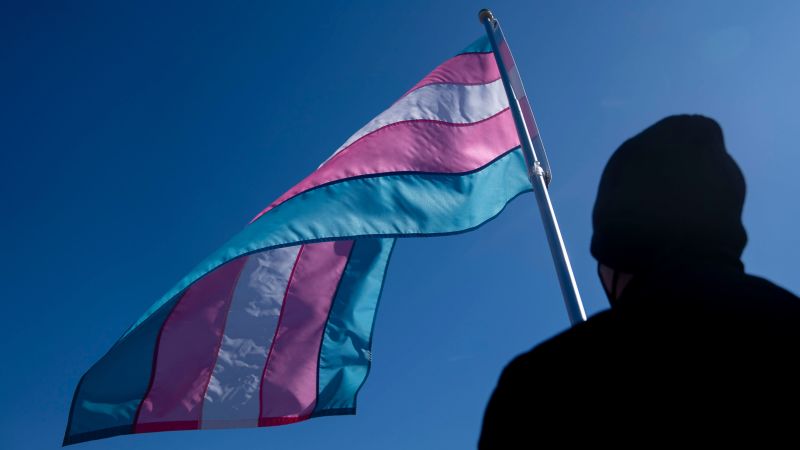UPDATE: The White House has initiated a crackdown on what it terms “gender ideology” and “trans ideology,” following the controversial decision by the Texas A&M University System to restrict professors from teaching topics related to gender identity without prior approval. This move, which critics are calling an attack on academic freedom, comes in the wake of a viral video where a student accused her professor of violating state mandates against “gender ideology.”
Just last week, the Texas A&M System’s board of regents voted to enforce these restrictions, igniting protests from students and faculty alike. The decision was met with swift backlash, resulting in the firing of the professor involved and the resignation of the president of the flagship university, all amid a turbulent debate over academic expression.
The implications are staggering. This escalating conflict reflects a broader national trend where terms like “gender ideology” have permeated political discourse, spurred by conservative lawmakers and amplified by the Trump administration’s recent policies. In a striking executive order issued on his first day in office this year, Trump declared a shift from “gender” to “sex” in federal documents, asserting that sex refers strictly to “immutable biological classification.”
This rhetoric has fueled a wave of anti-trans legislation across the United States, with more than half of states enacting bans on gender-affirming care for transgender youth, despite strong opposition from major medical organizations. According to a report from GLAAD, hate crimes against transgender individuals surged by 14% from May 2024 to May 2025, underscoring the real-world consequences of this divisive language.
Why This Matters NOW: The White House’s targeted approach raises urgent questions about the future of transgender rights and academic freedom. Advocates warn that labeling gender identity as an “ideology” undermines the lived experiences of transgender individuals, casting them as proponents of a controversial belief system rather than recognizing their identities as valid.
Zaya Perysian, a transgender content creator, expressed her frustration over government policies that invalidate her identity, stating, “We’re always being forced to defend ourselves against complete nonsense and complete propaganda.” This emotional toll is echoed by many in the LGBTQ community, who fear for their safety as political rhetoric heats up.
The origins of the term “gender ideology” can be traced back to a global anti-gender movement, which gained traction in Europe and now echoes through conservative circles in the US. Governments and activists have framed discussions around gender as threats to traditional values, further polarizing the public on this critical issue.
As the Texas A&M situation unfolds, observers are left to consider the next steps. Will more universities adopt similar policies? How will this impact LGBTQ students and faculty across the nation? The stakes are high, with experts warning that politicizing gender identity can lead to dire health consequences for vulnerable populations.
Dr. Demetre Daskalakis, former director at the CDC, cautioned that removing gender identity from health discussions compromises care for transgender individuals. “When you make our existence into an ideology, it becomes much easier to dismiss us than it is if you approach us as people,” he said.
The current wave of legislative actions and public rhetoric poses a significant threat to LGBTQ rights, igniting fears of increased discrimination and violence. Political leaders and advocates alike are closely monitoring developments, as the conversation surrounding gender identity continues to evolve amidst mounting pressure from both sides.
Next Steps: As protests continue and discussions about academic freedom ramp up, the White House’s stance on “gender ideology” will likely influence upcoming legislation and public opinion. Advocates are urging a return to scientific understanding and compassionate discourse, emphasizing the importance of recognizing the humanity of transgender individuals in the face of growing political opposition.
This rapidly developing story is set to have lasting impacts on both academic institutions and the rights of transgender individuals across the United States. Stay tuned for updates as this situation unfolds.
